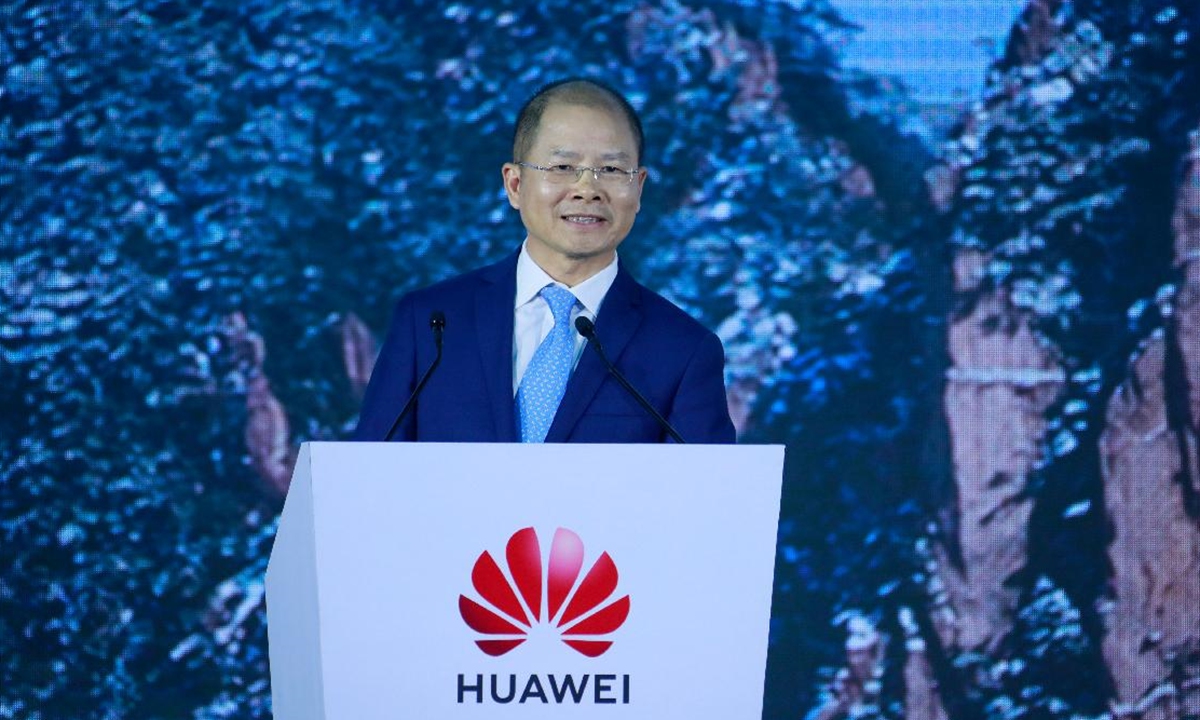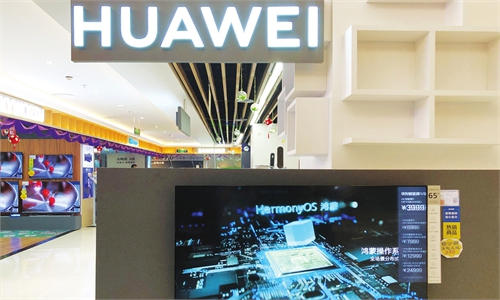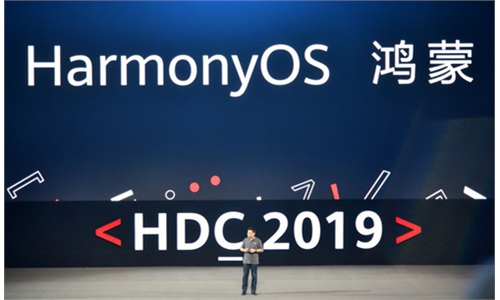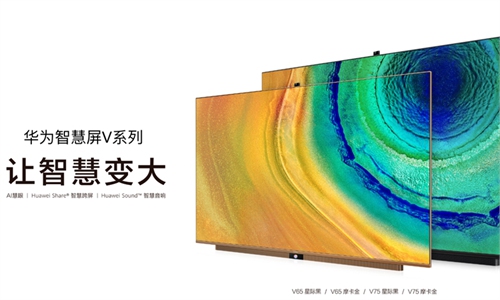Huawei to focus on software, cars and other businesses, as it still aims for ‘survival’
Huawei unveils new strategic initiatives for 2021 amid uncertainty

Huawei rotating chairman Eric Xu Zhijun Photo: Courtesy of Huawei
Chinese technology giant Huawei charted a clear path for its development during an industry conference it held on Monday, saying that it will emphasize certain business segments such as software development, the auto sector, and 5G as it continues to seek "survival" amid uncertainties.This year will be another one full of challenges, but it will also be the beginning of a gradual clarification of future development strategies, Huawei rotating chairman Eric Xu Zhijun said in a keynote speech titled "Moving Forward Through Times of Uncertainty" at the annual Global Analyst Summit held in Shenzhen, the firm's headquarters in South China's Guangdong Province.
"Our goal this year is still survival, and we hope that we'll have more time to think about how to survive and live better this year,"Xu said, adding that Huawei will "optimize its portfolio" to boost business resilience and "navigate a challenging environment."
The company, which leads in 5G development, said that it will maximize the value of 5G, provide a seamless, user-centric and intelligent experience across all scenarios, and address supply continuity challenges in 2021.
But during the conference, emphasis was also put on its ambition in the vehicle sector, saying it will increase investment in autonomous driving while reiterating its decision to stay out of manufacturing cars.
Huawei has cooperated with three auto companies to build three sub-brands. Starting in the fourth quarter of this year, Huawei will successively launch sub-brand cars, Xu disclosed.
In response to the ongoing US chip ban, Xu said that the impact of the sanctions will continue to unfold this year and thereafter, while the negative impact on the global chip industry chain will be even bigger.
"Rebuilding trust and restoring collaboration across the global semiconductor supply chain is crucial to bringing the industry back on track," Xu said, adding that under the new Biden administration, Huawei has no illusions about being taken off the US Entity List, and the company's overall strategy and initiatives are designed in such a way that the company can survive in the long run.
Nevertheless, Xu said that given Huawei's huge demand for chips, it believes there will be certain companies that will be willing to make an investment to fabricate chips for Huawei in compliance with US rules.
In 2020, Huawei recorded growth in both revenue and net profits, despite losses inflicted by the US government's blacklisting of its traditionally strong businesses. Revenue stood at 891.4 billion yuan ($135.93 billion), up 3.8 percent year-on-year, while net profits rose 3.2 percent to 64.6 billion yuan.
Analysts said that the growth indicated that Huawei's "survival strategy", which included a prompt adjustment of its business lines, had an initial effect, while warning that the technology giant will continue to be tested.
"The coldest point of winter has not come yet, and the impact from the US semiconductor ban will gradually be seen in its financial reports this year," Jiang Junmu, chief writer at Chinese telecom industry news website c114.com.cn, told the Global Times.
Xu also spoke of the potential challenges that lie ahead for the company this year.
"Moving forward, we will continue to find ourselves in a complex and volatile global environment. The resurgence of COVID-19 and geopolitical uncertainty will present ongoing challenges for every organization, business, and country. We believe deeply in the power of digital technology to provide fresh solutions to the problems we all face," he said.



